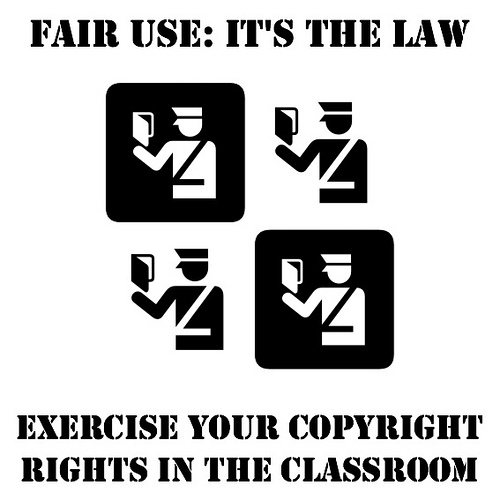I support Open Library. We don’t offer a lot of support but we do offer some. If you don’t understand a thing, a person will help you with it.
Nowadays most “free” products only offer self-serve help pages or forums if you have a question. I had one today. I made a post on Instagram. Instagram posts automagically to Facebook. I used two hashtags #meta and #1977. The first one auto-linked on fb and the second one did not. I checked the help files and it seems to say that you can use numbers in hashtags. So what was going on? My hypothesis was that numbers were somehow reserved in the internal mechanisms of the thing. So I did a few experiments.
1. Does it even work? The #meta hashtag (which fb auto-linked) generated this URL: https://www.facebook.com/hashtag/meta. You can link it and go read some stuff. If you make a new URL with 1977 you get a decently ugly error page.
2. You can search for either of these tags in the search box and find posts using the string of characters #meta or #1977. Huh.
3. Maybe dates are a special sort of number that’s eliminated? I tried a few more hashtag options: love1 and 1love work. OneEightSeven works but 187 does not. In fact, I could find no combination of only numbers that wouldn’t produce that ugly error message. And, though it took me a while to find a combination of letters that resulted in no hits, I did still get a response when I did that, not a failure.

Conclusion: facebook’s help files are missing the useful piece of information that you actually can’t have a hashtag that is all numbers. This is part 47 of why we will still need librarians or their equivalent in the age of Google. I hope this is helpful for someone. The end.



